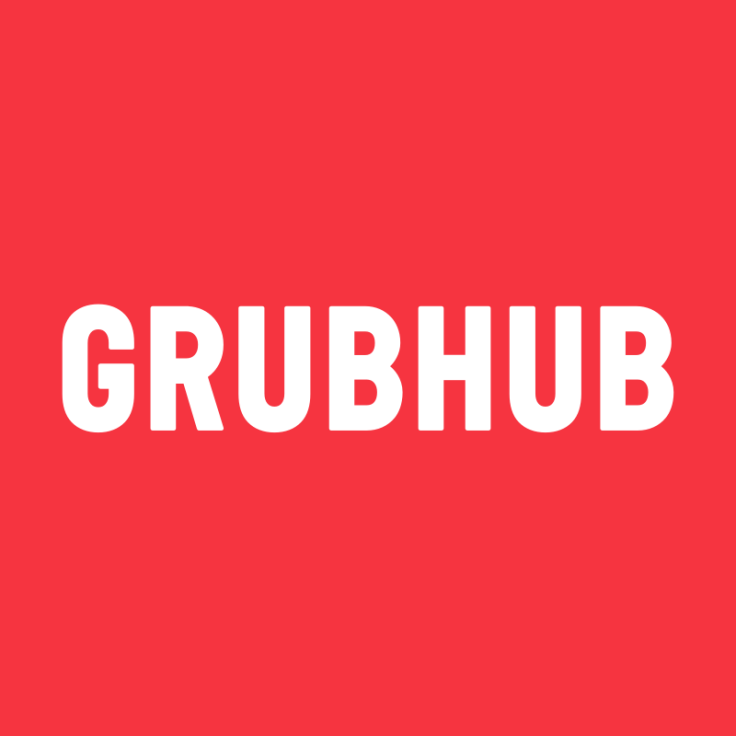Good News For Uber And Grubhub

The food delivery market is booming, thanks to the growing adoption of mobile food delivery apps. That's been a boon for companies like Grubhub (NYSE:GRUB), Uber (NYSE:UBER), and privately held DoorDash. Uber Eats, the ridesharing company's food delivery segment, has been rapidly expanding and bolstering engagement on Uber's platform.
Fortunately for food delivery companies, there's plenty of growth to come in the years ahead.
Food delivery is dominated by three players
eMarketer just released estimates on U.S. food delivery apps, with the market researcher forecasting that the number of people that use food delivery apps will soar 21% this year to 38 million. That should climb to 44.1 million by 2020 and then hit 59.5 million by 2023, according to the report. That means by 2023, nearly 24% of smartphone users are expected to use their phones to get some grub.
eMarketer defines a food delivery app user as a person of any age that places an order with an app on their phone at least once per month. Food delivery apps must be third-party apps, so companies that offer their own first-party app don't qualify.
"Companies in the food delivery app space are continuing to expand and develop new partnerships with food merchants," eMarketer analyst Nazmul Islam said in a statement. "As a result, customers can expect more options, which will drive user growth."
In February, DoorDash grabbed a 27.6% share of consumer spending on food delivery apps, according to Edison Trends estimates that eMarketer cites. That put it slightly ahead of Grubhub's 26.7% share (which includes its other subsidiaries like Seamless). Uber Eats came in at No. 3 that month with a 25.2% share. Those three dominant players have comparable positions, with No. 4 competitor Postmates trailing at 12.1%.
DoorDash has been gobbling up more and more of the market, gaining considerable share over the past year, mostly at the expense of Grubhub, Edison Trends' data shows. More recently, analytics company Second Measure estimated that DoorDash had a 32% share of meal delivery sales in May, barely topping Grubhub's 31.7%, but well ahead of Uber Eats' 19.7%.
Investors are licking their lips
DoorDash's growth is sparking the appetite of investors who are hungry for returns. The San Francisco-based start-up raised $400 million at a $7.1 billion valuation in a Series F funding round in February, and raised another $600 million at an astounding $12.6 billion valuation in a Series G round in May -- a gain of 77% in just three months.
The overall pie looks set to keep growing, and it's unclear if recent controversies will derail that growth. DoorDash received backlash earlier this year over its tipping policy, which allows the company to subsidize base pay with tips. Grubhub is finding itself in hot water for creating microsites for restaurant partners that juice its commissions. Average consumers may not care about those issues, even if they should.
This article originally appeared in the Motley Fool.
Evan Niu, CFA has no position in any of the stocks mentioned. The Motley Fool recommends Grubhub and Uber Technologies. The Motley Fool has a disclosure policy.





















